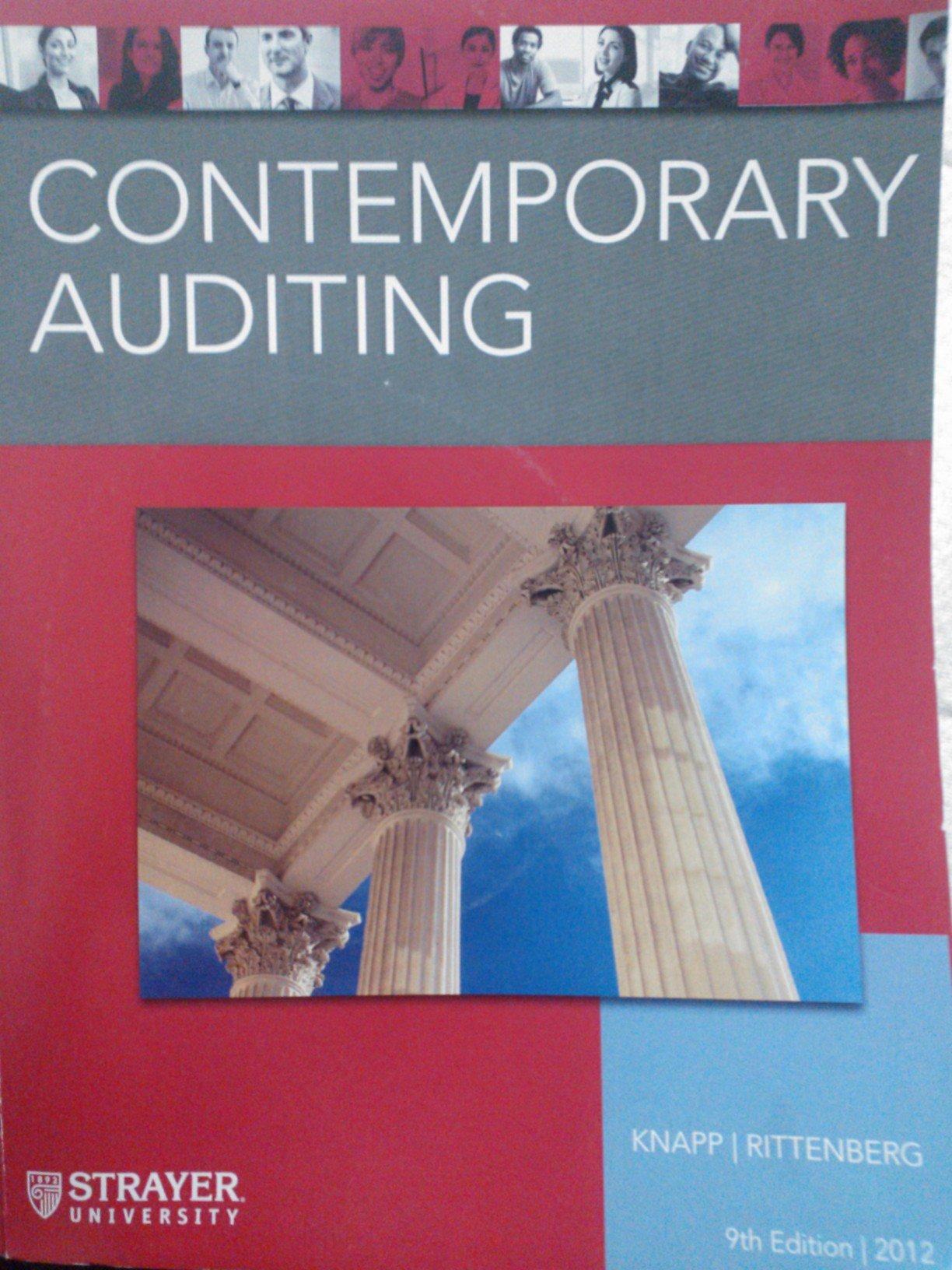In 1995, Canadian native Maria Messina achieved one of the most sought-after career goals in the public
Question:
In 1995, Canadian native Maria Messina achieved one of the most sought-after career goals in the public accounting profession when she was promoted to partner with Deloitte & Touche, Chartered Accountants, the Canadian affiliate of the U.S.-based Deloitte & Touche, LLP. In an interview she granted to an accounting trade publication shortly after receiving that promotion, Ms. Messina noted that “Becoming a partner is exciting because you are a part of everything.” 1 Messina’s promotion earned her the respect and admiration of her family, her friends, and her colleagues and catapulted her to a much higher tax bracket and a more comfortable standard of living. But another opportunity soon arose, an opportunity that promised even more intrinsic and extrinsic rewards for Messina.
Throughout the 1990s, Livent, Inc., was the only publicly owned company whose primary line of business was live theatrical productions. Livent’s co-founder and the individual recognized as the creative genius responsible for the company’s impressive string of Tony Award-winning shows was Garth Drabinsky. Livent’s audit firm was Deloitte
& Touche, Chartered Accountants. Maria Messina served as the engagement partner for the 1996 audit, after having been the audit manager on several prior audits of the company. Following the completion of the 1996 Livent audit, Drabinsky asked Messina to leave Deloitte & Touche and become Livent’s chief financial officer (CFO). After carefully weighing the challenges, opportunities, and potential drawbacks of making the job change, Messina gave up the partnership position with Deloitte
& Touche that she had coveted for years in exchange for a “back office” but high-paying and highprofile position in the glitzy and glamorous world of show business.
Within a few weeks of signing on with Livent, Maria Messina was questioning the wisdom of her decision. Time budgets, out-of-town travel, inexperienced subordinates, and an array of other common “stressors” faced by partners of major accounting firms had complicated Messina’s professional and personal life when she was at Deloitte.
But, at Livent, the pressures she faced were much more intense, much more difficult to manage and control, even physically debilitating at times. Each passing month imposed a heavier emotional burden on Messina. By the late summer of 1998, Messina’s life was in complete disarray. A few months later, in January 1999, Messina pleaded guilty to a felony for her role in a massive financial fraud. Following that plea, the single mother of a ten-year-old daughter faced up to five years in prison and a \($250,000\) fine.
There Is No Business Like Show Business The entertainment industry had fascinated Garth Drabinsky from an early age. Unlike many of his colleagues in the industry, Drabinsky did not benefit from a network of family members and friends in show business. Instead, Drabinsky relied on his own drive, inspiration, and indomitable work ethic to claw his way to the top of the volatile and fickle entertainment industry. Born in Toronto in 1947, Drabinsky was struck ........
Questions:-
1. Identify common inherent risk factors that companies involved in the entertainment industry pose for their independent auditors. List and briefly describe specific audit procedures that would not be used on “typical” audit engagements but would be required for audits of companies involved in live theatrical productions, such as Livent.
2. Compare and contrast the responsibilities of an audit partner of a major accounting firm with those of a large public company’s CFO. Which work role do you believe is more important? Which is more stressful? Which role would you prefer and why?
3. Explain why some corporate executives may perceive that their independent auditors are a “necessary evil.” How can auditors combat or change that attitude?
4. When auditor–client disputes arise during an audit engagement, another accounting firm is sometimes retained by the client and/or the existing auditor to provide an objective report on the issue at the center of the dispute–as happened during Deloitte’s 1997 audit of Livent. Discuss an accounting firm’s responsibilities when it is retained to issue such a report.
5. Do you believe Deloitte & Touche should have approved Livent’s decision to record the \($12.5\) million “naming rights” payment as revenue during the third quarter of 1997? Defend your answer. What broad accounting concepts should be considered in determining the proper accounting treatment for such transactions?
6. Maria Messina testified that when she learned of the accounting irregulari-ties at Livent shortly after becoming the company’s CFO she felt “guilty by association,”
which prevented her from revealing the fraud to regulatory or law enforcement authorities. Explain what you believe she meant by that statement. Place yourself in Messina’s position. What would you have done after discovering the fraudulent schemes affecting Livent’s accounting records?
7. What professional standards apply to “due diligence” investigations performed by accounting firms?
Step by Step Answer:






